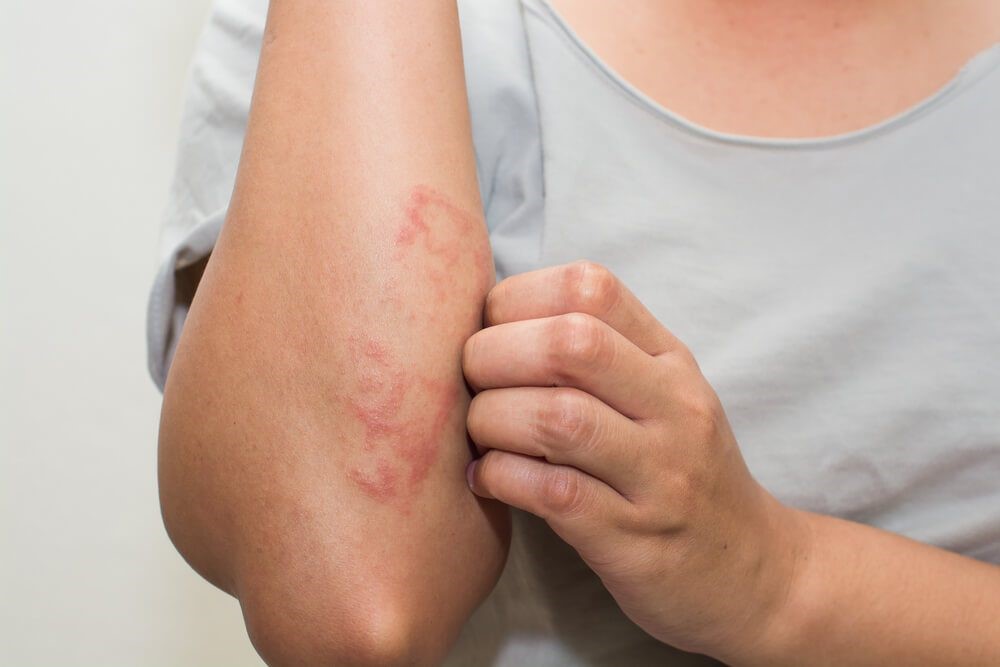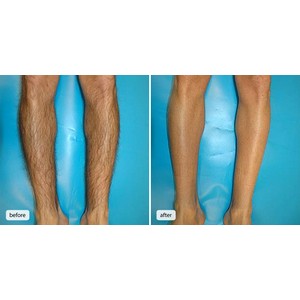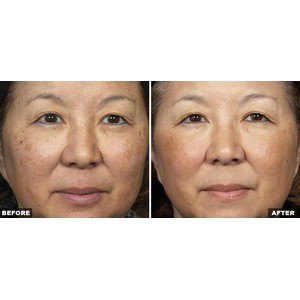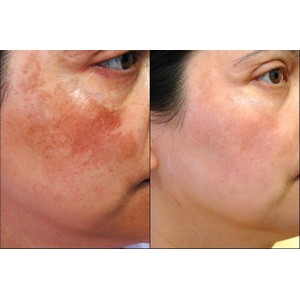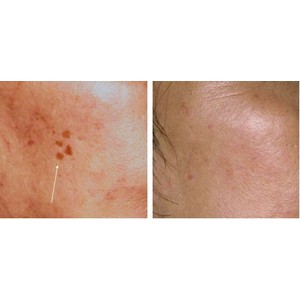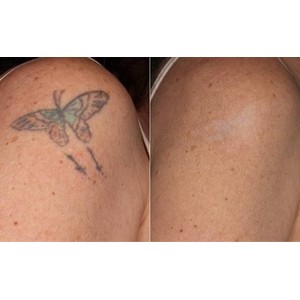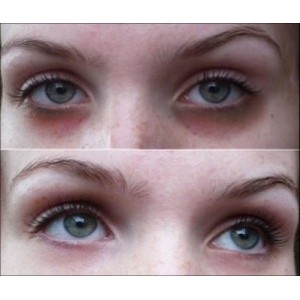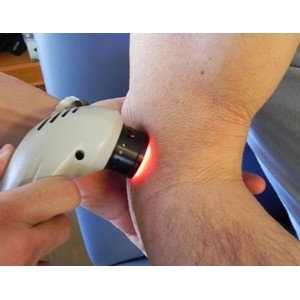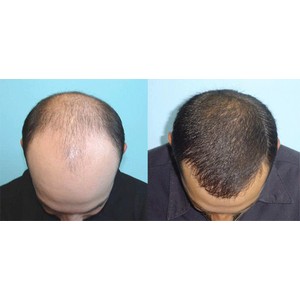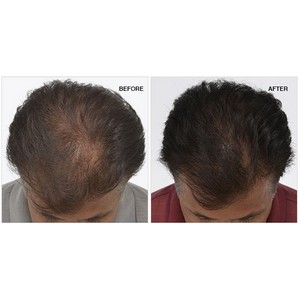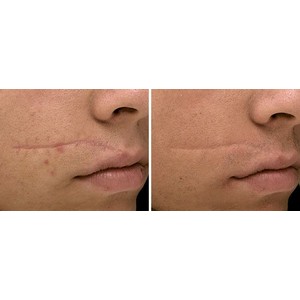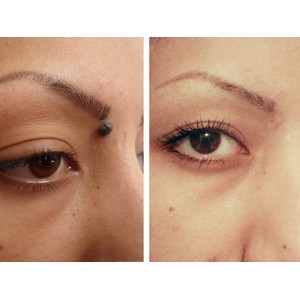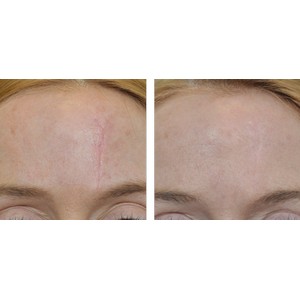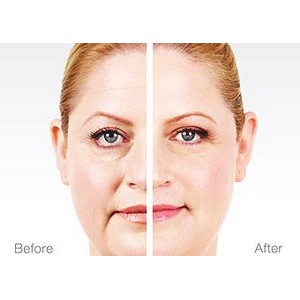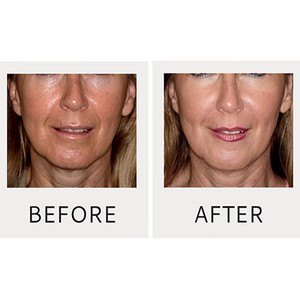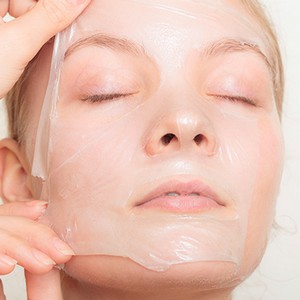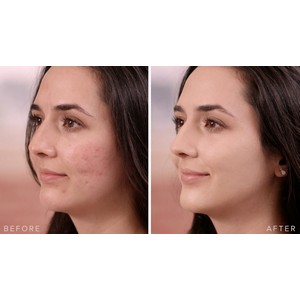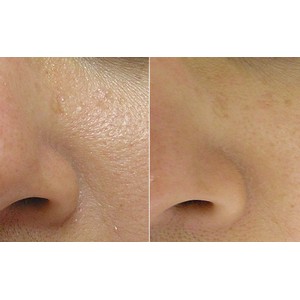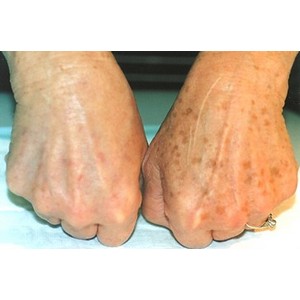When your immune system reacts to foreign material or food that usually causes no reaction in most people, such as pollen, bee venom, or pet dander, you develop the allergy.
When you have allergies, the immune system produces antibodies that mistakenly mark a harmless allergen as harmful. Your immune system’s reaction to the allergen will inflame your skin, sinuses, airways, or digestive system when you come into contact with it.
Allergic reactions vary in severity from person to person and range from mild discomfort to anaphylaxis, a potentially fatal emergency. Although most allergies are incurable, some medications can help alleviate allergy symptoms.
Many people in Mysore suffer from allergies due to various reasons. But the good news is the best dermatologist in Mysore can provide you with the best skin allergy treatment at an affordable cost. The various aspects of allergy treatment from the skin specialist in Mysore.
Allergy signs and symptoms include
Symptoms of allergy appear within minutes of being exposed to something you’re allergic to, though they may often take several hours to appear. While allergic reactions can be inconvenient and interfere with daily activities, the majority of them are minor. Anaphylaxis, a severe allergic reaction, may occur on rare occasions.
The most common allergy symptoms
- An allergic reaction can cause the following symptoms:
- sneezing and a blocked, itchy, or runny nose (allergic rhinitis)
- feet that are itchy, swollen, and watery (conjunctivitis)
- coughing, wheezing, chest tightness, shortness of breath
- a rash that is elevated, itchy, and red (hives)
- lips, tongue, eyes, or face swollen
- stomach ache, nausea, vomiting, or diarrhoea
- skin that is dry, red, and cracked
Depending on your body and what you are allergic to and if you come into contact with it, you’ll experience various symptoms.
A severe allergic reaction can occur (anaphylaxis)
In extreme cases, an allergy may cause a life-threatening allergic severe reaction known as anaphylaxis or anaphylactic shock. This affects the whole body and occurs typically within minutes of being exposed to an allergen.
All of the symptoms mentioned above, as well as the following, are signs of anaphylaxis:
swelling of the mouth and throat
- breathing issues
- feeling dizzy
- perplexity
- black lips or blue skin
- losing consciousness and crashing
- Anaphylaxis is a life-threatening medical condition that needs urgent medical attention.
So, how does the diagnosis go?
Your doctor may recommend one or both of the tests mentioned below. Be careful, however, that allergy tests can be both falsely positive and falsely negative.
Test the skin- A doctor or nurse will poke the skin and administer small doses of proteins present in possible allergens. If you’re allergic, a raised bump (hive) will appear on your skin at the test site.
A blood test- The number of allergy-causing antibodies in your bloodstream, known as immunoglobulin E (IgE) antibodies, is measured through specific IgE (sIgE) blood tests. A blood sample is submitted to a medical laboratory to be analyzed for signs of potential allergen sensitivity.
Other tests can be used to detect — or rule out — other medical conditions if your doctor believes your problems are caused by anything other than an allergy.
What is the treatment for common allergy?
Treatments for allergies include:
Avoiding allergens: Your doctor will assist you in identifying and avoiding your allergy causes. This is the most vital step in preventing allergic reactions and alleviating symptoms.
Medications: Medications can help reduce the immune system’s reaction and alleviate symptoms depending on your allergy. Your doctor can prescribe over-the-counter or prescription medication in pill or liquid form, nasal sprays, or eyedrops.
Immunotherapy: Immunotherapy is a form of treatment that uses allergen extracts for your body. Your doctor may prescribe allergen immunotherapy if you have severe allergies or if other treatments aren’t working. This procedure entails a series of purified allergen extract injections over several years.
Epinephrine (adrenaline) in case of emergency: You will need to bring an emergency epinephrine shot with you at all times if you have a severe allergy. An epinephrine shot (Auvi-Q, EpiPen, and others) is used to treat serious allergic reactions and help you feel better before getting medical help.

